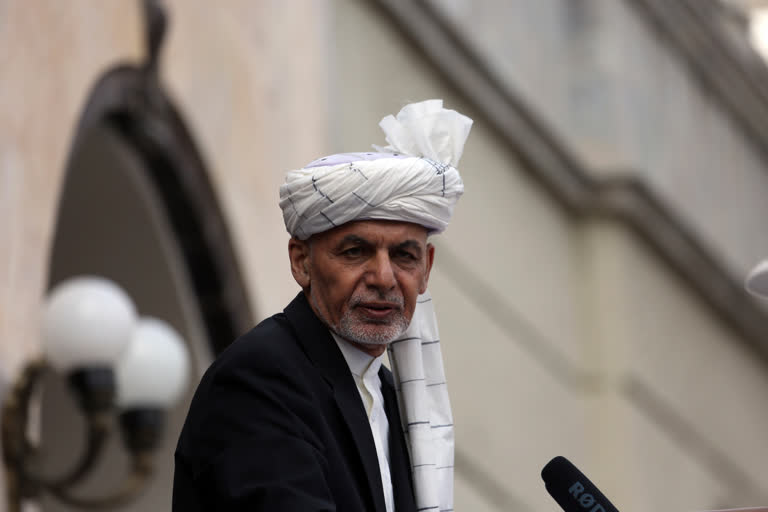Kabul:The Afghan government Saturday postponed the release of 1,500 Taliban prisoners, an Afghan official said, a decision that could sabotage a peace deal signed last month between the Taliban and the United States.
Jawed Faisal, spokesman for the Afghan National Security Adviser's office, said the releases were being delayed because more time was needed to review the list of prisoners. The move comes despite President Ashraf Ghani's decree earlier this week promising the start of the releases Saturday as a goodwill gesture to get intra-Afghan negotiations started.
The U.S.-Taliban deal was touted at the time as the best chance at ending Afghanistan's endless wars and bringing U.S. troops home after nearly 19 years.
There was no immediate response from the Taliban to the delayed prisoner release.
Faisal said Ghani's government wanted more time to review the list of prisoners. The U.S.-Taliban deal called for the release of up to 5,000 Taliban as well as 1,000 Afghan government captives ahead of intra-Afghan negotiations, considered a critical next step to reaching a lasting peace in Afghanistan.
Ghani's decree promised the release of 100 prisoners a day beginning Saturday until 1,500 prisoners were released. He would then release the remaining 3,500 after intra-Afghan talks began and those releases would be staggered and would go ahead only if talks progressed and Taliban reduced violence.
Although Ghani's decree differs from the U.S.-Taliban deal, Faisal insisted Ghani was committed to releasing 5,000 Taliban prisoners.
However, Ghani is embroiled in political turmoil in Kabul, where he is battling his leading political rival Abdullah Abdullah, who has also declared himself president. Abdullah has so far refused to accept the results of last year's presidential results charging widespread irregularities and abuse of power by Ghani. Still, the national election commission last month declared Ghani the winner despite allegations lodged also by the elections complaints commission.
Meanwhile, the decree Ghani announced on Wednesday said the first round of 1,500 prisoners to be freed would be selected based on age, health and the length of their sentences already served. The released prisoners, who would be biometrically identified, would also have to give a written guarantee that they would not return to the battlefield.
Read Also:Are you washing your hands right? WHO launches #SafeHands challenge
